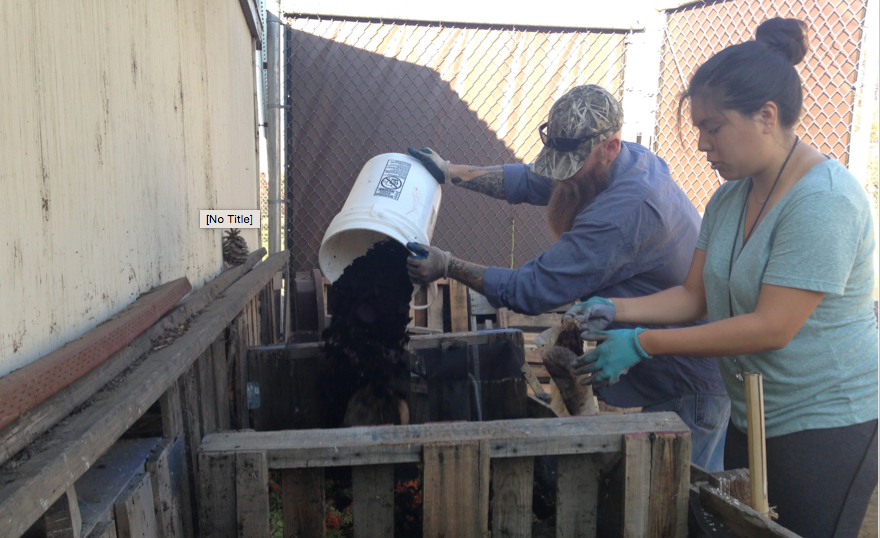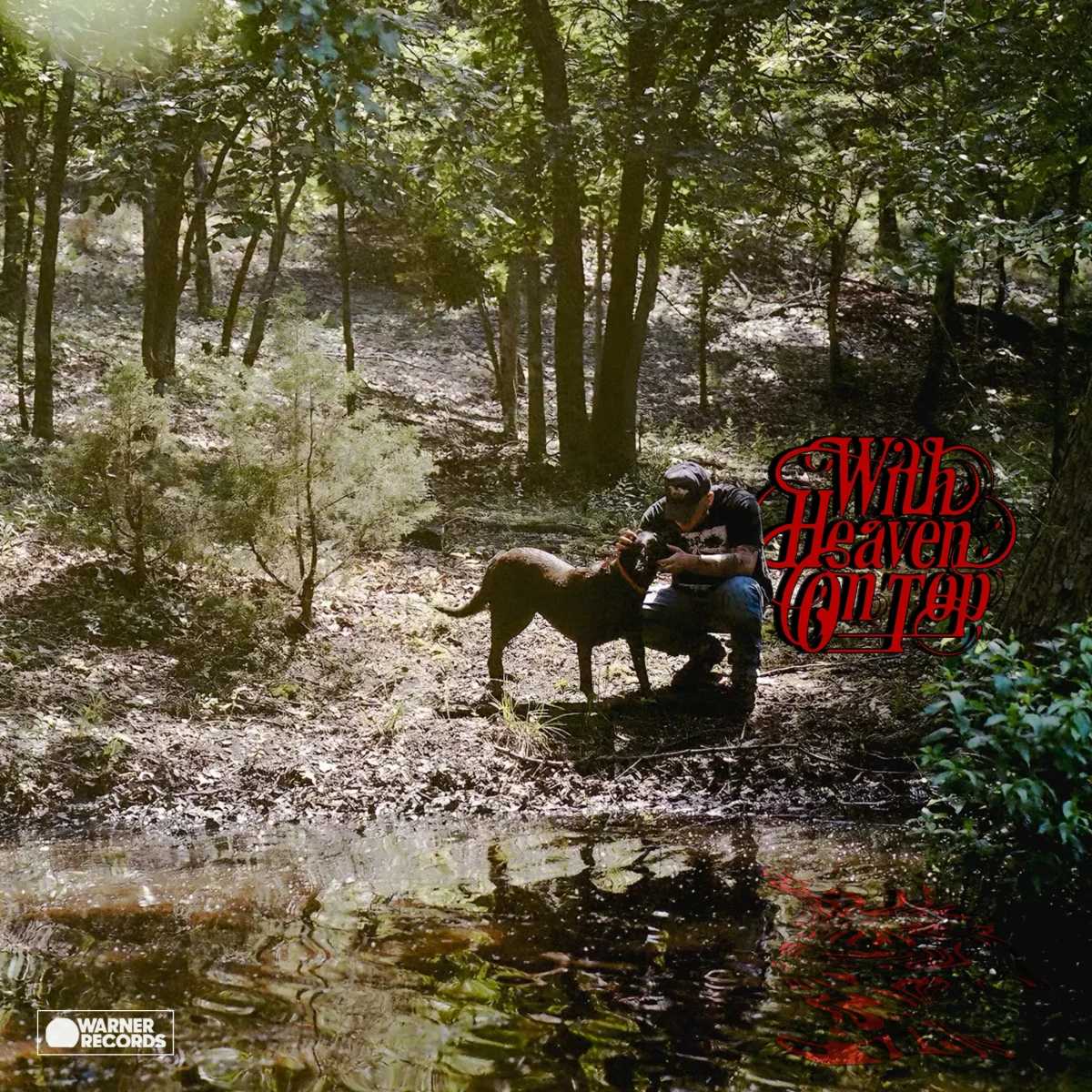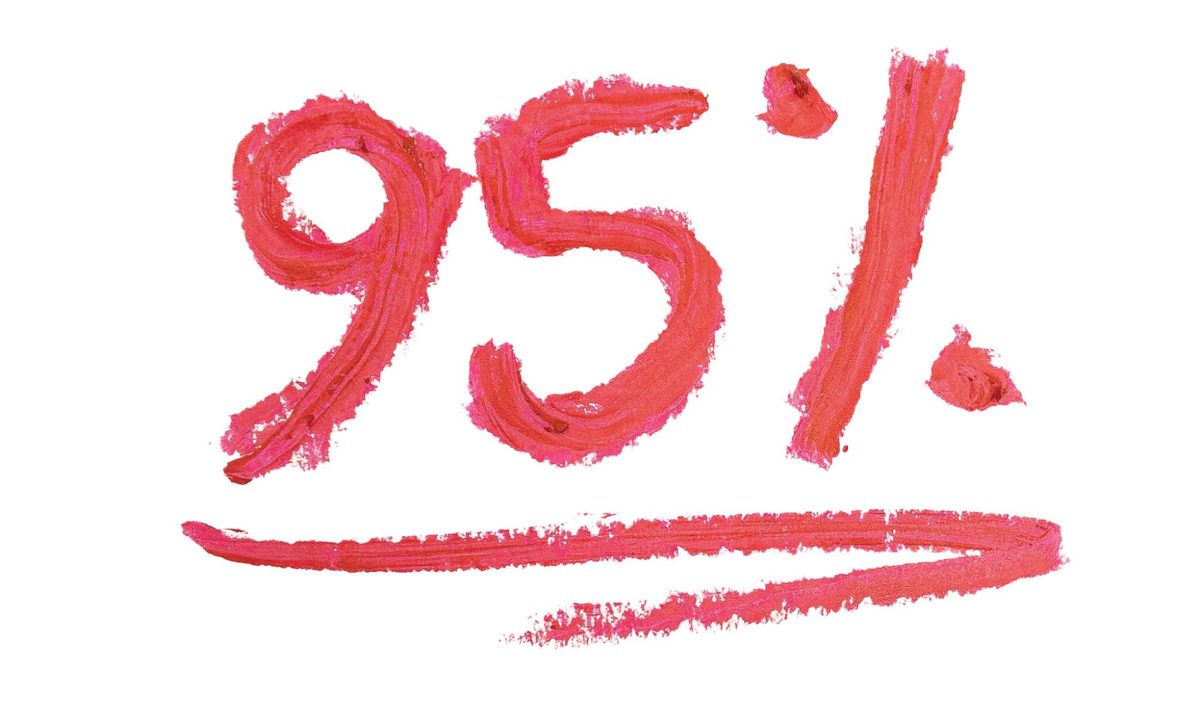Senior Lindsay Beg has always been passionate about the environment in her love for hiking, conservation and animals. This semester, she combined that passion with her knowledge in communication studies to lead students as the new AS Chair of Sustainability.
Just as she has connected her coursework with maintaining the Earth’s well-being, Beg hopes to reach students to adopt a sustainable lifestyle and hopes they, too, can realize the importance of conserving resources for generations to come.
“(Going green) is not difficult once you make it a habit,” Beg said, noting that sustainability has become a personal routine. “If it really matters to you, which that’s what I’m trying to do in this position, is make it a value – a core value – for everyone on campus, I think that it’s easy to do…and it’s not time-consuming at all.”
Beg’s efforts reflect those of the CSUN administration to combat a years-long drought and energy consumption. From recycling to refillable water stations and plans for upgraded carpooling systems and compostable utensils on campus, the message is that sustainability cannot be ignored – and it is easy to get involved as a campus leader.
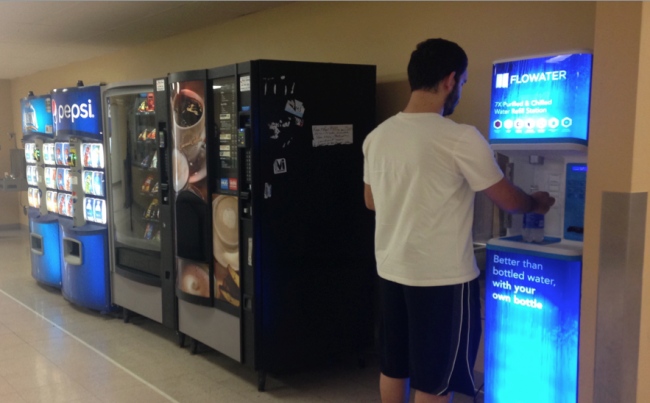
Working with the AS Sustainability Committee, for which seven yearlong positions are open to students with the change of AS presidential term, Beg receives legislative referrals and implements them for the CSUN community.
AS currently promotes Zipcar, a program for students to rent fuel-efficient vehicles for hours or days. The committee will also be working on Zimcar, an upgraded carpooling system with a smartphone app for students to sign up with a student driver, similar to an Uber system.
Further plans include a mobile bike shop on campus to make biking more sensible, reducing the emissions from commuting in vehicles. Such emissions accounted for nearly 55 percent of campus greenhouse gas emissions in 2013, according to the Institute for Sustainability, CSUN’s on-campus facilitator of sustainable action.
In her position, Beg works to make students aware of on-campus opportunities, including those that she participates in herself.
The Institute for Sustainability incorporates all colleges of CSUN and hosts educational workshops and volunteer opportunities for students, according to Sarah Johnson, administrative coordinator.
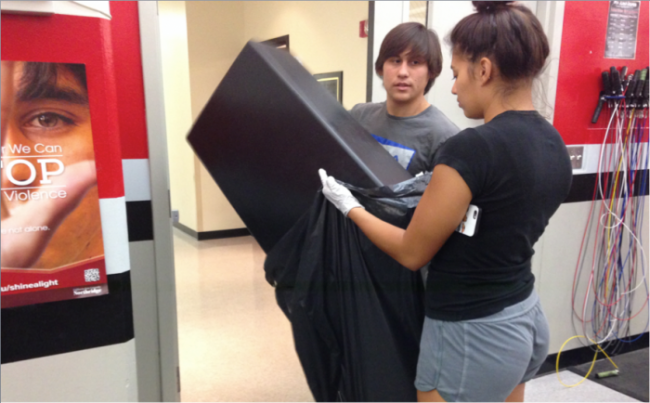
The campus food garden, located at the north east side of campus, requires no time commitment and allows students to receive service hours as they grow their own organic food. The compost program, also hosted by the institute, helps reduce campus waste by educating students on the conversion of food waste to new food.
The institute’s Moodle website, available to all students, lists upcoming service opportunities, including the Nov. 12 AS Recycling sustainability day, internships and the weekly farmers market.
“We want sustainability to be integrated into the campus as a whole,” Johnson said. “If a student goes to the Career Center, or the Counseling Services or the Learning Resource Center, that those other departments are aware of what the campus is doing as well, especially since it is one of the university priorities that President Harrison has put forward.”
The 10-year sustainability plan, signed by Harrison, has allowed the institute to create 10 working groups that students can join to make an impact on campus. Meeting four times per year, students in groups such as transportation, dining and water can help with CSUN’s goals to reduce energy intensity 25 percent by 2023 and water 15 percent by the same year.
Sustainability Program Manager Austin Eriksson, who is part of the institute’s Green Core Team, also encourages students to participate in a campus-wide program to encourage faculty, staff and students to conserve resources in the workplace.
Through AS, the Sustainability Office Program participants rank offices that make the request to evaluate lighting, computers, purchasing and paper usage.
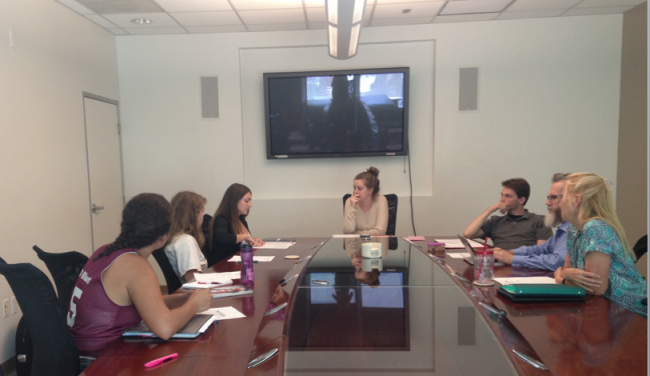
For students who want to make sustainability a career, CSUN also offers a minor in the field, a sustainability track in the liberal studies major and a Sustainability GE Pathway. According to Johnson, a graduate program should be implemented by Fall 2016.
The Sustainability minor has three core classes, two of which satisfy upper division GE units and the last that applies the knowledge to specific projects. In addition, three classes from other departments, from chemistry to religious studies, integrate the minor with a range of fields.
“(Sustainability is) absolutely a booming job field. It’s definitely, I would say, the wave of the future,” said Dr. Loraine Lundquist, a professor in the sustainability minor. “In particular… Los Angeles has a sustainability plan. Explicit in that plan, they have specific goals for how many green jobs they want to add in the Los Angeles area in the next two, 10 and 20 years.”
By 2017, there are plans to add 20,000 green jobs, according to the LA Sustainability Plan.
The minor exposes students to the serious realities of climate change and resource depletion, according to Professor Dev Vrat, a professor in the minor.
Vrat noted the importance of purchasing electric cars and smaller amounts of food to conserve energy, as well as being aware of the depletion of fish and rainforests.
Both Vrat and Lundquist said that political action must accompany personal choices for sustainable changes to become a reality.
“Sustainability is a global problem… Everybody has to do it,” Vrat said. “There’s only one Earth and we all share the same resources. Every entity and every person at every level has to do something about it.”
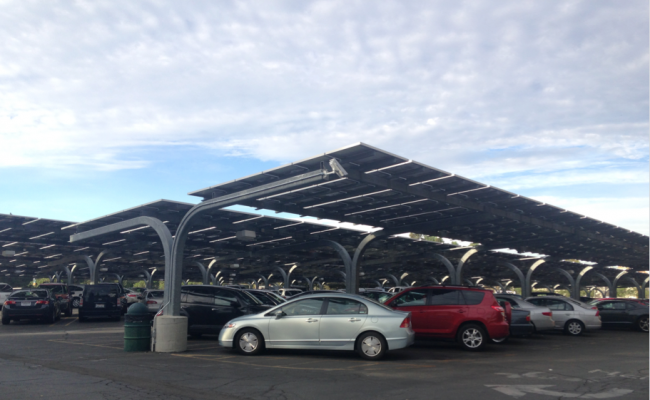
And like sustainability professors, Beg hopes students will seriously consider the Earth’s well-being a priority and explore the global impact of each person’s actions.
“I think that educating yourself is a big thing,” Beg said. “That’s a lot of what I’ve done. To learn a lot about what I know about the environment is to educate myself, watch documentaries, research articles and go to these volunteering things where I can learn how to compost, [and] learn how to work in a garden. I think just making it a core value leads to you wanting to educate yourself.”
